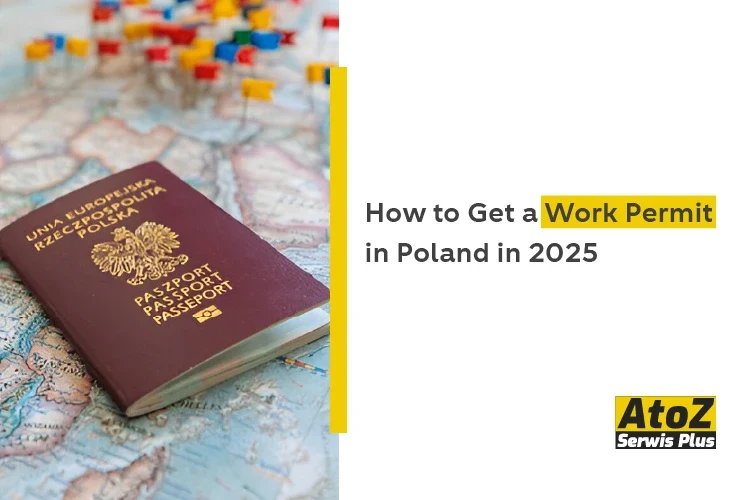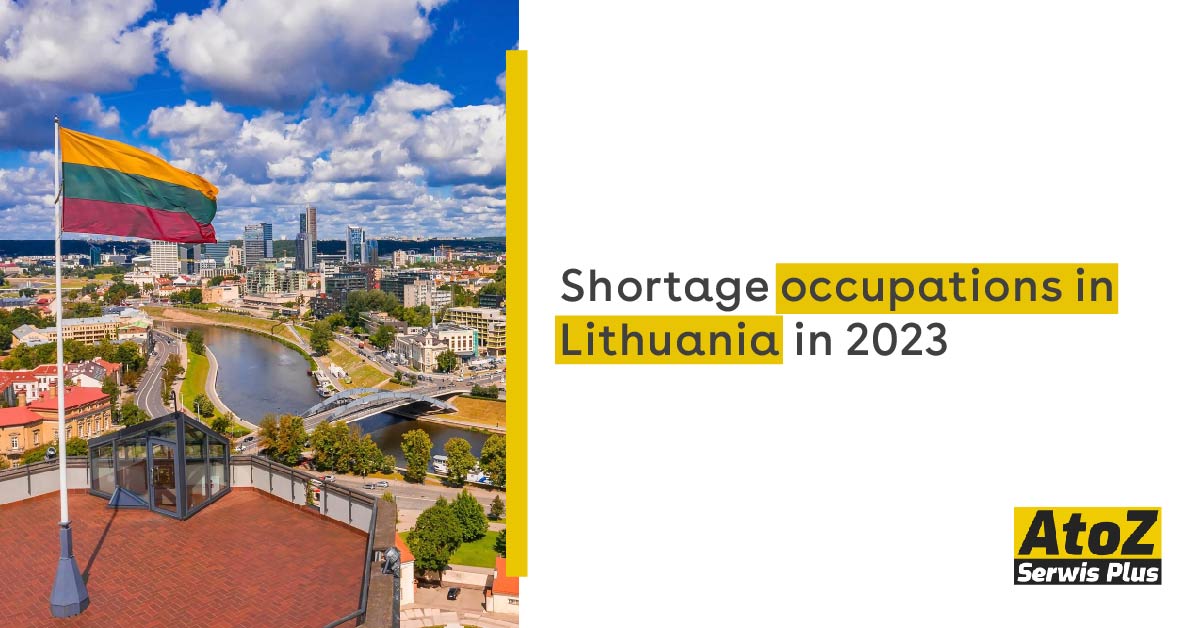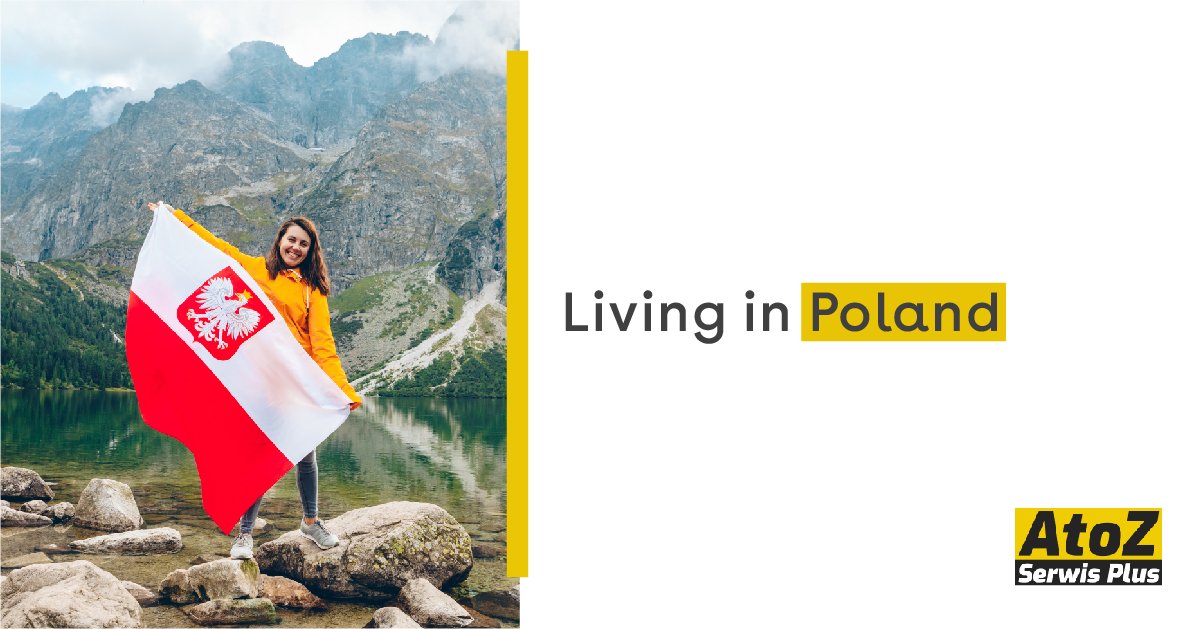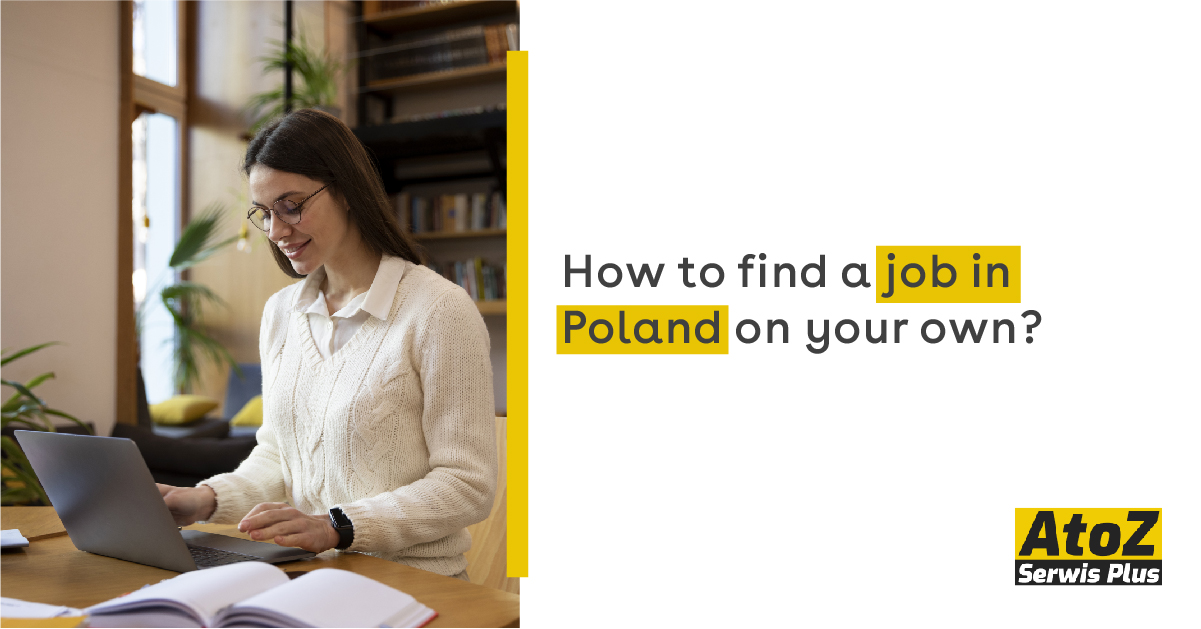

How to Get a Work Permit in Poland in 2025
Poland is quickly becoming a top destination for international workers due to its strong economy, dynamic job market, and opportunities for skilled professionals. If you're considering a move to Poland in 2025, one of the first things you'll need to do is obtain a work permit. While the process may seem a bit complex at first, don't worry — we’ve broken it down into simple steps to help guide you smoothly. Here’s everything you need to know about getting your Poland work permit.
Step 1: Find a Job in Poland
Before applying for a Polish work permit, you’ll need a job offer from a Polish employer. This is essential, as your employer will help you apply for a work permit.
What’s Required:
- Your employer must demonstrate that they couldn’t find a suitable candidate from the Polish or EU labour market.
- The job you’re applying for must meet the salary requirements and be listed within Poland's national labour market.
If you’re from countries like India or Ukraine, there may be additional steps or specific processes, but don’t let that discourage you.
Step 2: Determine What Type of Work Permit You Need
Once you have a job offer, the next step is determining which type of work permit is right for you. Poland offers different licenses depending on your job role and situation:
- Type A: If a Polish employer hires you with a contract.
- Type B: For those in business ownership or management positions.
- Type C, D, E: If you're working for foreign companies operating in Poland.
Highly skilled professionals can apply for the Poland Blue Card, a specific permit designed to attract qualified workers outside the EU. You may also need a particular work license if you work in a specialised field like IT or plan to start your own business.
Step 3: Employer Submits Your Work Permit Application
Once you’ve got that job offer, your employer will handle the application process. They’ll submit the necessary paperwork to the Polish labour office (Ministry of Family, Labour and Social Policy).
What they’ll need to prove:
- The job description and your qualifications
- That no local candidates or EU workers were available for the position
- That they’re compliant with Polish labour laws
Step 4: Wait for Approval
After your employer submits the application, approval can take anywhere from a few weeks to a couple of months. The authorities will assess whether they’ve done their due diligence in finding local talent. This is part of the Polish labour market test, ensuring that a foreign worker is only hired locally when there’s no suitable candidate.
Step 5: Apply for Your Work Visa or Temporary Residence
Once your work permit is approved, you’ll need to apply for a Poland work visa or a Poland temporary residence permit. If you're already in Poland, you can do this at the Polish consulate in your home country or the Office for Foreigners.
You'll typically need to submit:
- Your passport
- Your work permit
- Health insurance proof
- A copy of your job contract
- Proof of where you’ll be living in Poland
Step 6: Receive Your Work Visa and Permit
Once everything is approved, you’ll receive your work visa or temporary residence permit to live and work legally in Poland. When you arrive, the Polish Border Guard will check your documents and ensure you enter the country according to regulations.
Step 7: Begin Your Job in Poland
After all the paperwork is sorted, it’s time to start working! Follow the terms outlined in your employment contract, such as salary and work hours. If you have a seasonal work permit or a part-time job, ensure you comply with the specific conditions attached to your work permit.
Work Permit Renewal Process
If you plan on staying longer than your original work permit’s validity period, you must go through the Poland work permit renewal process. You must prove you're still employed and comply with the permit's requirements. Start the process early to avoid any lapses in your legal right to work.
Poland Business Visa vs Work Permit
Understanding the difference between a business visa and a work permit is also essential. A business visa allows you to engage in business activities like meetings or conferences, but it doesn’t grant permission to take up full-time employment. If you’re planning to work in Poland for an extended period, a work permit is what you need.
Poland Work Permit Fees
The Poland work permit fees vary depending on the type of permit and its duration. Usually, the employer covers the cost of the application, but sometimes, the employee is responsible for specific fees.
Poland Skilled Worker Visa
The skilled worker visa in Poland is an excellent option for highly trained professionals. Poland’s economy is growing, and it needs workers with specialised skills to fill many roles. The visa is designed to attract people with IT, engineering, and finance expertise.
Poland Visa Process for Foreign Workers
Understanding the Polish visa process is key for any foreign worker. Once you get your visa, you must adhere to Polish regulations, including registering your stay and obtaining a Polish residence card if required.
FAQs About Getting a Work Permit in Poland
-
How do I apply for a work permit in Poland?
- You need a job offer from a Polish employer, who will submit your application to the Polish labor office. After approval, you can apply for a Poland work visa or a temporary residence permit.
-
What are the requirements for a Poland work permit?
- You’ll need a valid job offer, proof of qualifications, and a demonstration that no suitable candidates were found locally or from the EU.
-
How long does it take to get a work permit in Poland?
- The work permit processing time can take several weeks to months, depending on the type of permit and your specific situation.
-
Can I work in Poland without a work permit?
- No, you must have a Polish work authorisation to work legally in Poland.
-
What is the cost of a Polish work permit?
- The cost of a Poland work permit varies based on the type and duration. Generally, the employer pays for the application, although some costs may be passed to the employee.
-
Do EU citizens need a work permit for Poland?
- EU citizens don’t need a work permit to work in Poland, though they may need to register their residence.
-
Can I bring my family on a Poland work permit?
- Yes, you can bring your family with you under a temporary residence permit from Poland.
-
What types of work permits are available in Poland?
- There are several types, including Type A for employees and the Poland Blue Card for skilled professionals.
-
Is there a language requirement for a Poland work permit?
- There’s no formal language requirement for a work permit, but knowledge of Polish could be helpful.
-
How long is a Polish work permit valid?
- Poland work permits are typically valid for 1 to 3 years, after which you can apply for a renewal.


















